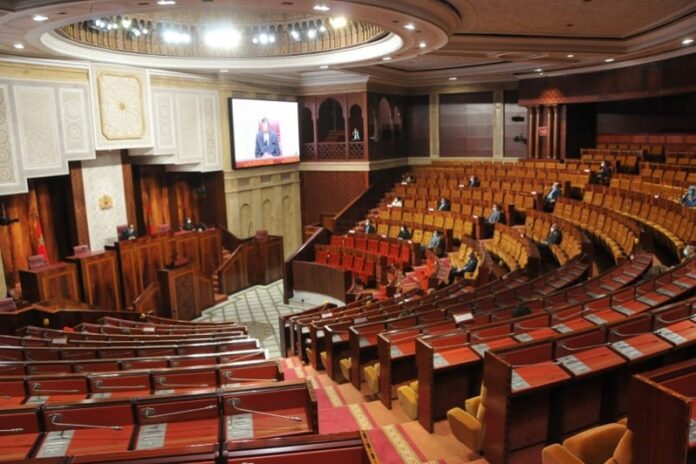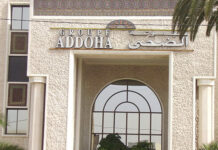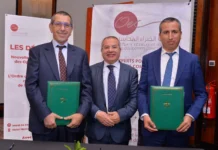Under the leadership of King Mohammed VI, Morocco has taken a decisive step toward overhauling its political landscape. On Sunday, during a high-level cabinet meeting at the Royal Palace in Rabat, two major pieces of legislation were approved. One redefines the structure and governance of the House of Representatives, while the other introduces sweeping reforms to the country’s political parties. Both are seen as part of a broader effort to restore public trust and clean up a political system battered by scandal and widespread skepticism.
The timing is far from coincidental. Since 2021, Morocco’s political scene has been rocked by a series of high-profile corruption cases. Twenty-six members of Parliament have faced charges ranging from embezzlement to abuse of power. Eleven of them are currently behind bars, while twenty-nine have lost their seats—fifteen by judicial order. Public confidence has nosedived. A recent survey by the Moroccan Center for Citizenship found that nearly 95% of citizens express no trust in political parties. Transparency International’s latest index paints an equally grim picture: Morocco scored just 37 out of 100, a drop that signals ongoing concerns about governance and accountability.
In direct response to this legitimacy crisis, the newly adopted legislation introduces clear and targeted reforms. Anyone convicted of a crime that disqualifies them from holding public office will be permanently barred from running for election. Electoral fraud will be prosecuted at any stage of the process, with no exceptions. At the same time, lawmakers are pushing to revitalize political life by bringing in new voices. Candidates under the age of 35 will now receive public funding covering 75% of their campaign expenses, a bold move to encourage younger participation. Additionally, regional party lists will be reserved exclusively for women, with the goal of increasing female representation in Parliament to 35% by 2026.
The reforms also impose a stricter regulatory framework on political parties. Financial transparency is being tightened across the board. Parties will be required to return any public funds they can’t justify, and audits will become more rigorous. The message is unambiguous: the days of financial opacity are numbered. According to the latest report from Morocco’s Court of Auditors, six political parties failed to submit any financial statements for 2023, while twenty-four were ordered to return more than 38 million dirhams in misused funds. With nearly 60% of party revenues coming from the state, the reliance on public financing remains high, and accountability mechanisms have clearly lagged behind.
But this institutional shift isn’t only about ethics. It reflects a deeper strategy to create a political environment that can match Morocco’s ambitious economic agenda. In the same ministerial meeting, the government also approved the outlines of the 2026 finance bill, which emphasizes growth, job creation, and social equity. For King Mohammed VI, solid public finances are not enough unless backed by a credible and effective political system.
The OECD’s 2025 report underscores the urgency of reform, highlighting ongoing deficiencies in regulating political funding and the slow pace of enforcement. The challenge ahead goes beyond rooting out corruption; it’s about making public institutions perform better, from how they allocate resources to how they measure results.
On the economic front, Morocco continues to show resilience. Prudent fiscal management has earned the country an Investment Grade rating. However, this discipline must extend beyond national accounts. It needs to permeate every level of government and institutional life. Economic efficiency cannot be separated from social justice (particularly in the country’s most underserved regions). And political credibility remains a cornerstone for turning that vision into reality.





